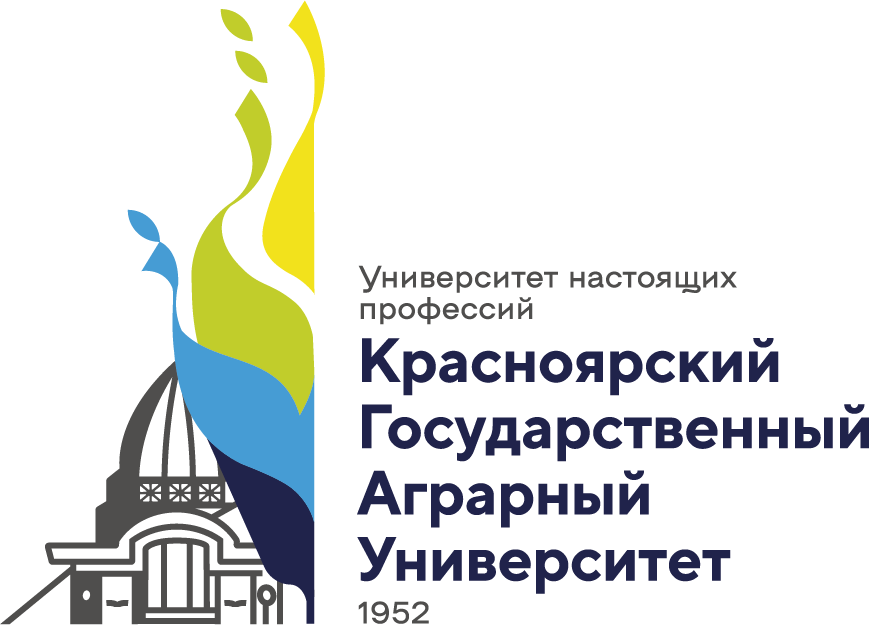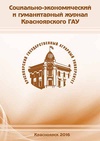At present, the issue of determining, on the one hand, the powers of the parties to fully exercise their civil procedural rights and the means of their protection, and, on the other, the role of the court considering and resolving a civil case, is quite acute. The research objective is to analyze through the prism of observance of the principles of competitiveness and independence modern practice of imposing by arbitration courts on the parties of claim production of judicial penalties for disrespect for court in view of non- execution by claimants or respondents of definitions of court with which the court suggests to produce additional evidence or to be in court session. The principles of dispositivity and competition are the cornerstone of creation of norms of civil process at the present stage of development of society. By giv- ing the parties to the claim proceedings the opportunity to choose options of behavior in the process of protecting their rights, the legislator allows them to defend their position in court most effectively, in order to achieve a favor- able result of the consideration of the case. Specified principles, though pro- vide certain freedom in realization of procedural laws by the parties, but do not exclude intervention and control of court. At the same time this interven- tion is caused by the need of observance of the principle of legality taking in- to account the absence of the requirement of professional representation in claim production and dynamism of the legislation in this connection it has to be limited strictly only to those cases which are directed on the assistance of court to interests of the parties and do not replace the will of the parties with realization or refusal of realization of their procedural laws. As a result of research conclusions are drawn on the need of correction of the jurispru- dence which developed now, namely the use of more weighed approach at the solution of the question of imposing judicial penalty for the disrespect for court, the accounting of subjective relation of the person participating in business to the fact of non-presentation of proofs by it or absence in court session. Similar approach will promote more realization as the main objec- tive of justice - protection of violated rights and legitimate interests of par- ticipants of civil legal relationship, and problems of formation of respect for court.
civil process, arbitration process, principles of civil proce- dural law, principle of competitiveness, the principle dispositivity, disrespect for court, fine
1. Konstituciya Rossiyskoy Federacii. - M., 2018.
2. Grazhdanskiy processual'nyy kodeks Rossiyskoy Federacii. - M., 2018.
3. Arbitrazhnyy processual'nyy kodeksa Rossiyskoy Federacii. - M., 2018.
4. Osokina G.L. Grazhdanskiy process. Obschaya chast': uchebnik. - M., 2013. - S. 148.
5. Gurvich M.A. Sudebnoe reshenie // Teoreticheskie problemy. - M., 1976. - S. 18.
6. Bondar' A. Ravnopravie storon - konstitucionnyy princip grazhdanskogo i arbitrazhnogo processa // Arbitrazhnyy i grazhdanskiy process. - 2005. - № 11. - S. 4.
7. Krasnoslobodceva N.K. Princip dispozitivnosti v civilisticheskom processe. - URL: elibrary.ru (data obrascheniya: 21.09.2018). Sovetskiy grazhdanskiy process / pod red. M.A. Gurvicha. - M., 1975. - S. 16.
8. Chechina N.A. Principy sovetskogo grazhdanskogo processual'nogo prava // Aktual'nye problemy teorii i praktiki grazhdanskogo processa. - L., 1979. - S. 53.
9. Sherstyuk V.M. Sistema sovetskogo grazhdanskogo processual'nogo prava (voprosy teorii). - M., 1989. - S. 127.
10. Demichev A.A. Pozitivistskaya klassifikaciya principov grazhdanskogo processual'nogo prava Rossiyskoy Federacii // Arbitrazhnyy i grazhdanskiy process. - 2005. - № 7. - S. 5-10.
11. Nikolaychenko O.V. Tendenciya razvitiya metoda pravovogo regulirovaniya grazhdanskih processual'nyh otnosheniy // Vestnik Sarat. gos. akad. prava. - 2010. - № 5(75). - S. 111.
12. Laponova T.N. Soblyudenie principa sostyazatel'nosti pri rassmotrenii del arbitrazhnymi sudami pervoy instancii. - URL: cyberleninka.ru (data obrascheniya: 20.09.2018).
13. Opredelenie Verhovnogo Suda RF ot 13.09.2016 № 308-ES16-10833 po delu № A53-20476/2014 // Pravovaya sistema «Konsul'tant Plyus».
14. Opredelenie Arbitrazhnogo suda Bryanskoy oblasti ot 06.04.2017 po delu № A09-14840/2016 // Pravovaya sistema «Konsul'tant Plyus».
15. Postanovlenie Dvadcatogo arbitrazhnogo apellyacionnogo suda ot 13.06.2017 po delu № A09-14840/2016// Pravovaya sistema «Konsul'tant Plyus».
16. Postanovlenie Arbitrazhnogo suda Central'nogo okruga ot 20.11.2017 po delu № A09-14840/2016 // Pravovaya sistema «Konsul'tant Plyus».
17. Opredelenie Verhovnogo Suda Rossiyskiy Federacii ot 14.03.2018 № 310-ES18-1498 po delu № A09-14840/2016// Pravovaya sistema «Konsul'tant Plyus».
18. Opredelenie Verhovnogo Suda Rossiyskoy Federacii ot 20.11.2017 № 309-ZS17-16982 po delu № A07-13468/2016 // Pravovaya sistema «Konsul'tant Plyus».
19. Postanovlenie FAS Ural'skogo okruga ot 16.10.2013 № F09-10666/13 po delu № A60-13105/2013 // Pravovaya sistema «Konsul'tant Plyus».
20. Postanovlenie Arbitrazhnogo suda Vostochno-Sibirskogo okruga ot 06.07.2018 № F02-2887/2018 // Pravovaya sistema «Konsul'tant Plyus».
21. Dobrohotova E.E. Sudebnye shtrafy v grazhdanskom processe // Lichnost'. Obschestvo. Gosudarstvo. - 1998. - № 6. - S. 115.
22. Yudin A. Otvetstvennost' za neuvazhenie k sudu // EZh-Yurist. - 2006. - № 20.
23. Postanovlenie Plenuma Verhovnogo Suda Rossiyskoy Federacii ot 13.06.2017 № 21 «O primenenii sudami mer processual'nogo prinuzhdeniya pri rassmotrenii administrativnyh del»// Pravovaya sistema «Konsul'tant Plyus».
24. Kuemzhieva Ya.N. Akutal'nost' sohraneniya sostyazatel'noy modeli grazhdanskogo sudoproizvodstva. - URL: cyberleninka.ru (data obrascheniya: 20.09.2018).
25. Postanovlenie Arbitrazhnogo suda Volgo-Vyatskogo okruga ot 31.08.2017 po delu № A29-5268/2016 // Pravovaya sistema «Konsul'tant Plyus».








